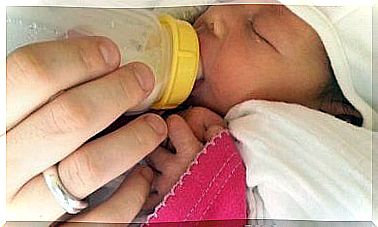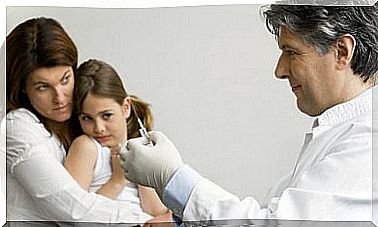What Is Congenital Chickenpox?
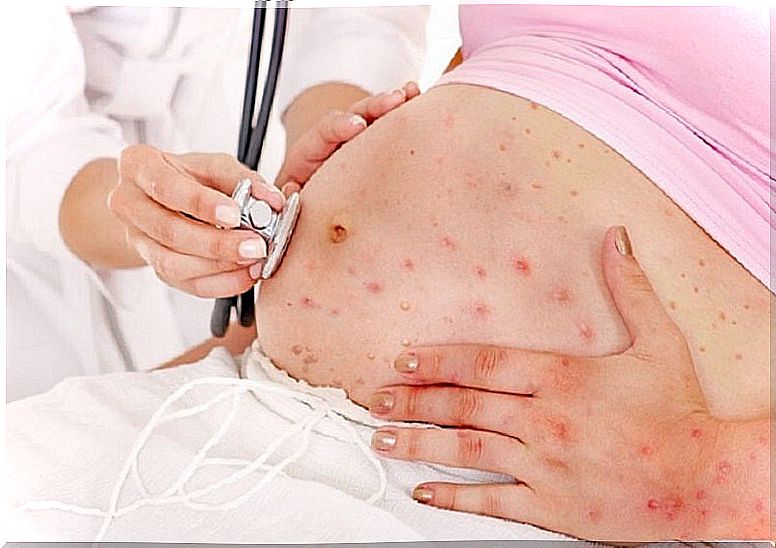
Chickenpox is a disease that can occur at any stage in our lives. However, it is often associated with a childhood condition. It is an infectious process with great endemic capacity, which can seriously affect a pregnant woman.
It is understood that this zoster virus infection does not occur frequently in pregnancy. However, it can cause serious problems when it occurs during pregnancy. In this sense, if the pregnant woman is affected by chickenpox, her developing baby could suffer from a version known as congenital chickenpox.
Congenital chickenpox can cause serious problems for the fetus. In addition to the characteristic skin condition, eye abnormalities, central nervous system damage, and even fetal death can occur.
According to experts’ assessment, at least 10% of women of childbearing age are susceptible to contracting the chickenpox virus. In addition, it is known that most women in this stage do not have enough antibodies to fight this virus.
How does congenital chickenpox affect the fetus?
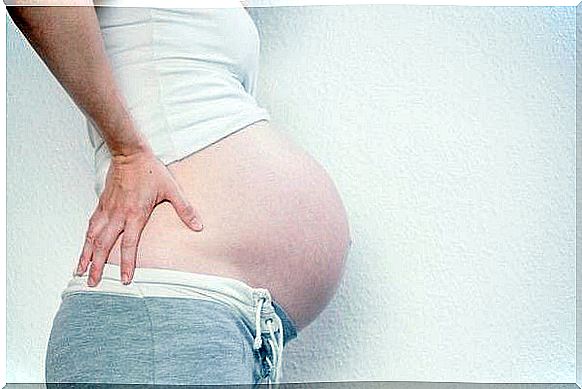
The fetus can be affected by chickenpox when it affects the mother during pregnancy. The experience of specialists indicates that the more advanced the pregnancy is, the more damage there could be to the fetus.
It is believed that if the mother catches chickenpox when she is about to give birth, the baby will be born without the ability to fight the virus. As we have said, the mother does not have the antibodies against the zoster virus, therefore, her son will not have it either.
Similarly, during the first trimester of pregnancy it is equally dangerous. At this stage the baby is forming, so it can be damaged in different ways. The following damages are related to congenital chickenpox:
- Skin lesions
- Eye defects
- Central nervous system impairment
- Stunted growth
- Microcephaly
- Hepatic injury
- Renal problems
- Blindness
- Fetal death.
Diagnosis of congenital chickenpox
In addition to the precaution that must be taken before and during pregnancy in relation to chickenpox, it is advisable to do a follow-up. At any prenatal checkup, the problem can be identified. However, the fact that the pregnant woman has the virus implies greater interest in the situation of the fetus. That is, in the face of the mother’s illness, a series of tests must be applied to verify the baby’s condition. Among the most used tests we have the following:
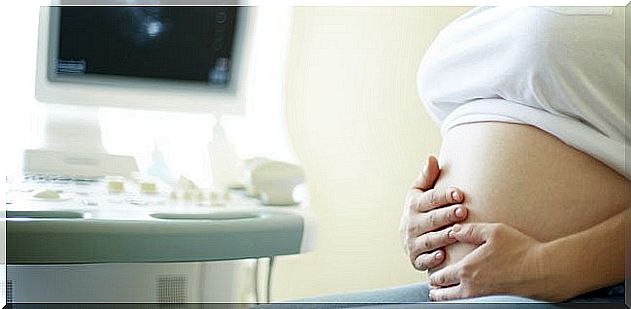
- A positive result for this infection is, for example, finding limb hypoplasia in the fetus. This condition refers to the incomplete development of some organs or parts of the body. It can be determined in a routine or specialized ultrasound
- It can be diagnosed by analyzing the amniotic fluid or blood of the fetus through the performance of a viral culture or the polymerase chain reaction
- It is observable in a cordocentesis test, which refers to obtaining a sample of blood from the umbilical cord.
Recommendations for pregnant women
The woman who is planning a pregnancy, must make sure that she is vaccinated against chickenpox. If you are not immunized, it is advisable to get vaccinated at least six months before conception. In the event that this cannot be possible, since the pregnancy was a surprise, it is advisable to take extreme precautions.
It is not advisable for the pregnant woman to be exposed to the virus. Avoid staying in contact with potential contaminants, for example in hospitals or places with poor ventilation. A pregnant woman should not come into contact with the skin or saliva of a person infected with chickenpox. For greater precaution it is recommended to avoid contact with sick people in general.


